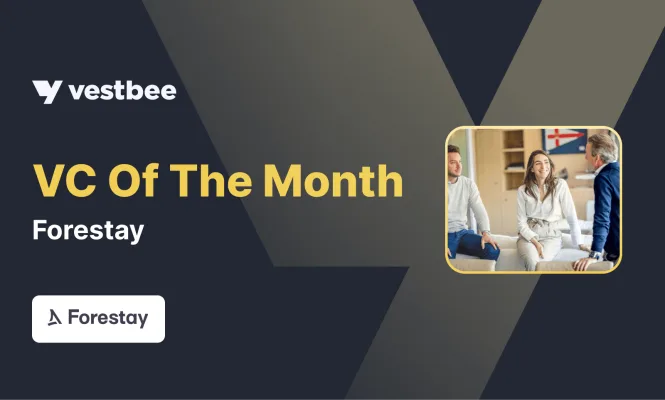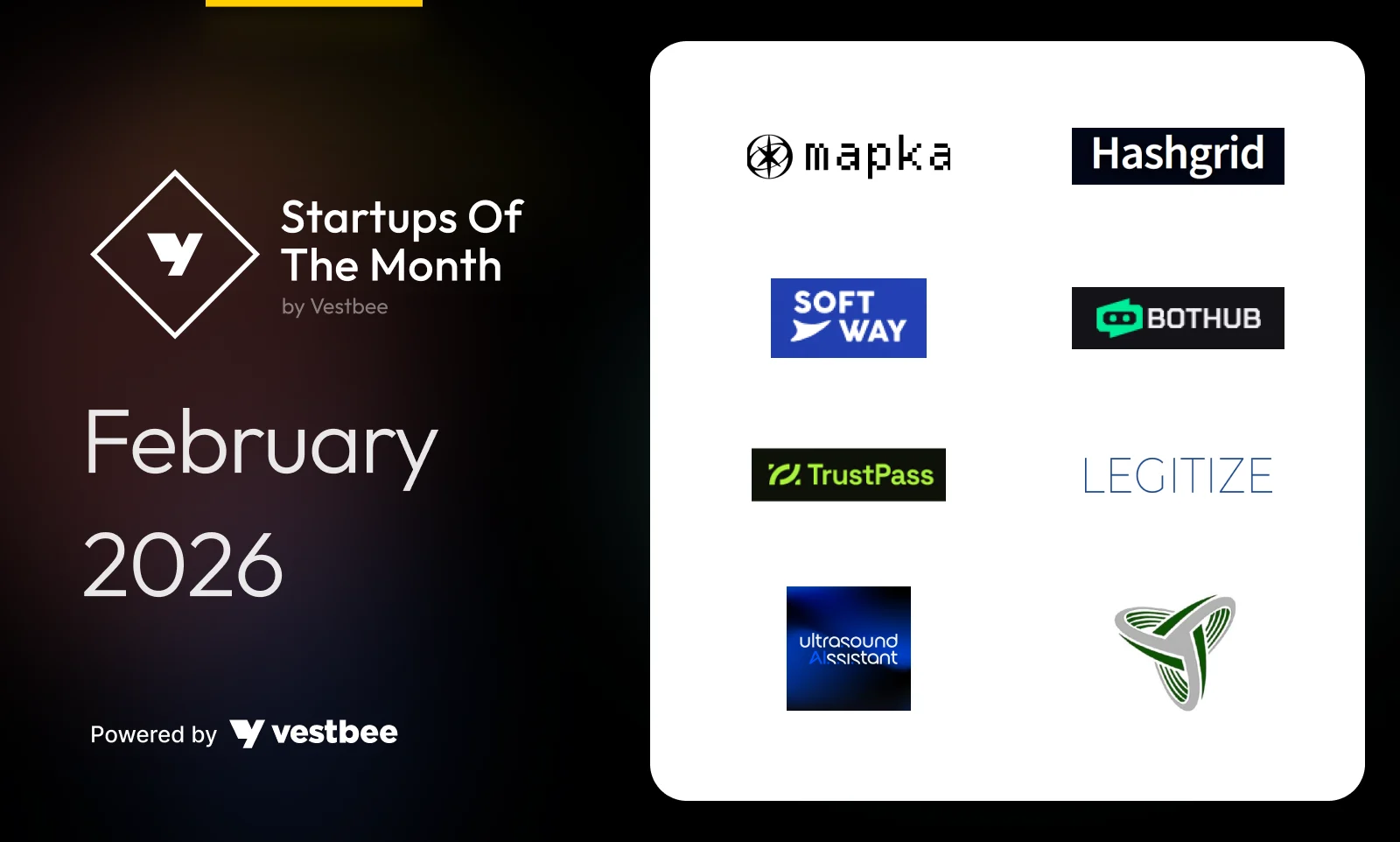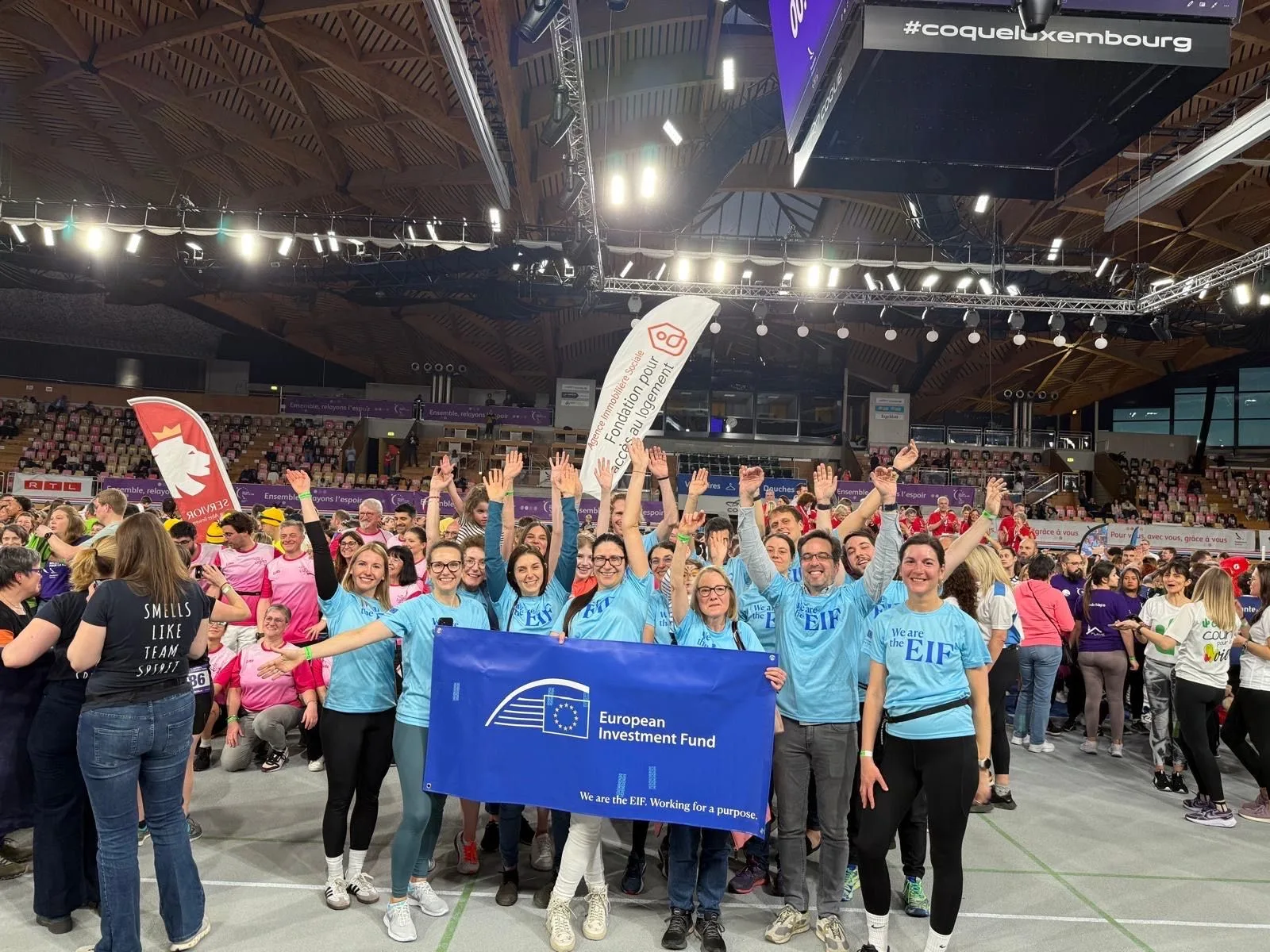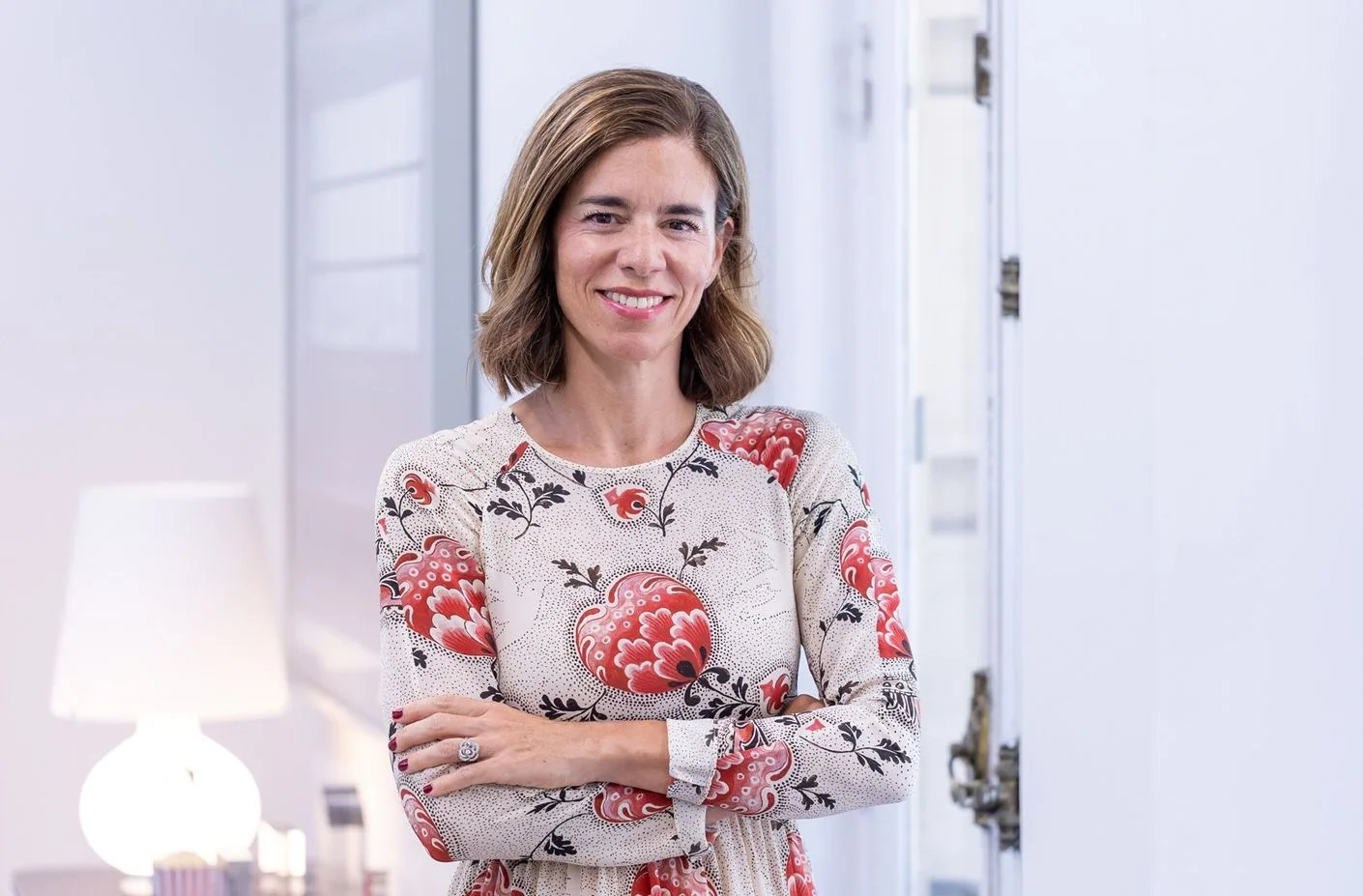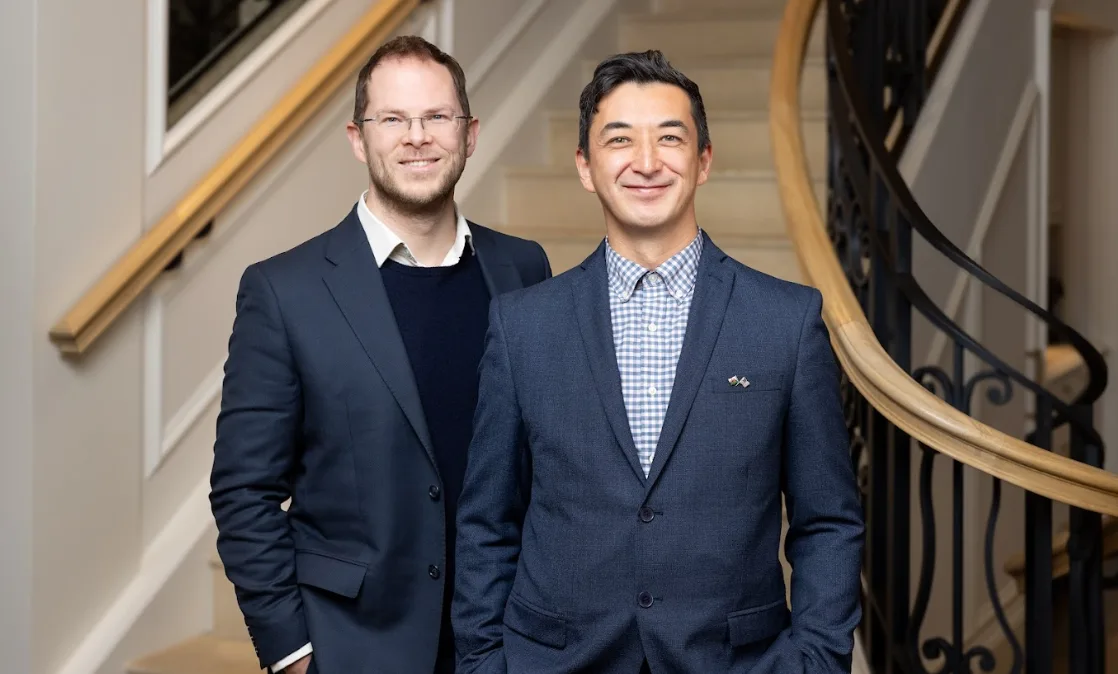Headquartered in Geneva and London, Forestay is a dynamic early-growth enterprise technology fund that empowers visionary teams across Europe, Israel, and the East Coast of the US. It identifies and invests in companies poised for exponential growth, collaborating closely to propel them into future category leaders. The team actively leverages its sector expertise and extensive scaling capabilities to drive robust growth throughout the investment lifecycle, given the global network and enterprise expertise, benefiting from strong relationships and proven experience in the enterprise segment.
Forestay is part of B-FLEXION, an entrepreneurial investment firm with a global footprint and AUM above $90 billion in Geneva, London, Boston, New York, Jersey, Dublin, and Luxembourg.
Fund strategy overview
Geography: Europe, Israel and the East Coast of the US
Preferred industries: Enterprise Software (AI/ML, Data infrastructure, Cybersecurity)
Investment ticket: $10-20M (with some flexibility)
Company stage: Series A-C, preferably as lead investor
Product type: SaaS with a robust technology angle
Product stage: commercial stage
Revenues: from $1M ARR
Q&A with the Partners of Forestay
What are the five main things you look for in a startup?
- First, we seek companies with proven commercial validation in selected markets we have deeply researched beforehand;
- Second, we look for ambitious & coherent acceleration plans that we can discuss and challenge with the management team;
- Third, a strong product moat with differentiation and technical defensibility is also crucial;
- Fourth, prioritize startups targeting sizable markets with significant growth potential.
- And last but not least, we pay close attention to the founding/leadership team and its ability to execute: we love founders and leaders who know their market inside out, are driven to succeed, and can make swift decisions while collaborating effectively with investors when needed.
What disqualifies a startup as your potential investment target?
We carefully evaluate each startup on a case-by-case basis. Still, common reasons for declining an investment include misalignment between the founding team & the Board, poor unit economics, and lack of competitive edge, whether in product differentiation or go-to-market strategy. These factors are crucial for a startup's long-term success and scalability.
What in your opinion, differentiates the best founders from the rest?
In our experience, exceptional founders stand out due to their deep market knowledge, relentless drive to succeed, and ability to make swift, informed decisions. They are not just innovators but disruptors, offering products that are significantly better than existing solutions, often 10 times better. This differentiation is crucial for challenging large incumbents and creating category leaders.
The best founders are visionary, customer-centric, and adaptable, with a strong leadership ability to build and inspire high-performing teams. Their passion and obsession with winning are contagious, driving their teams and stakeholders toward a shared vision of success.
What startups should take into account before making a deal with a VC fund?
We always say that a Board can be highly beneficial for a startup, but misalignment can be equally detrimental. Founders should carefully consider who they invite into their inner circle. In addition to fostering transparency and trust, we encourage founders to have reference calls with our portfolio companies. This helps them understand how Forestay operates and both the benefits and challenges of our partnership. We aim to minimize surprises and ensure a strong foundation for our post-investment relationship, setting both parties up for success from the start.
What is your approach to startup valuation and preferable share in the company?
Valuation is always a mix between science and art. Several factors come into play, and each scenario will be different. At Forestay, our key considerations include the quality of the team, the quality of the technology, the unit economics of the business, and the dilution impact.
Most importantly, we focus on building the company's future growth potential. We do not have an ownership target; instead, we prioritize a valuation that aligns with our expected returns, ensuring a mutually beneficial partnership that supports long-term success.
How do you support your portfolio companies?
Forestay has a concentrated portfolio investment philosophy by design. We want to be highly selective so we can devote the necessary time and resources to support our portfolio companies. As a Lead Investor, we usually take a Board seat post-investment to bring our resources, experience and network to the founders, including capital, GTM strategy, introduction to potential customers, and recruitment for key positions. Forestay truly believes in working in active partnership with portfolio companies, and we try to be as active as needed to help move forward.
What are the best-performing companies in your portfolio?
Wasabi Technologies, a Boston-based cloud storage business, is the first portfolio company I would highlight: we first invested in 2018 while the business was closing the first million in sales to become a unicorn when the company raised its Series D back in 2022 (when unicorns were not so frequent anymore!). A few other names would be Scandit, an enterprise-grade computer vision company based out of Zurich; Neural Concept, an engineering intelligence platform out of Lausanne; and Veriti, a cybersecurity company active in exposure assessment and remediation based out of Tel-Aviv, Israel.
What are your notable lessons learned from investments that didn’t work out as expected?
One of the notable lessons learned from difficult situations is the inability to make the tough decisions early enough for change. These are not always easy to do, as Board members and founders might have different views on which approach to take. One other we would mention is the criticality of the solution in an enterprise tech stack. Is the product truly solving a pain point, or is it a nice-to-have that could be cancelled for not delivering RoI.
What are the hottest markets you currently look at as VC, and where do you see the biggest hype?
Forestay does a lot of internal research to identify technology trends and how they might disrupt the status quo. Some of the themes we are currently studying include:
- AI at the application layer,
- cybersecurity (cloud remediation, AI security, non-human identity),
- Data infrastructure,
- Vertical SaaS/AI (CFO stack, manufacturing and supply-chain tech).
In your view, what are the key trends that will shape the European VC scene in the coming years?
At Forestay, we strongly believe that Europe will continue to remain at the forefront of technology innovation. The European tech scene and VC market really started to develop over a decade ago, and the results to date are impressive, with many great companies being born out of Europe. In addition, Europe will continue to have access to capital and a large pool of engineering talent, including world-class AI researchers. As we have entered the AI era, these will be significant advantages for the continent.
From a macroeconomic perspective, Europe is now at the crossroads of geopolitical tensions where nothing can be taken for granted. Technological innovation will be critical for Europe to remain competitive on the global stage. We expect fewer regulations and a more unified EU, which will serve to boost both investment and innovation.
